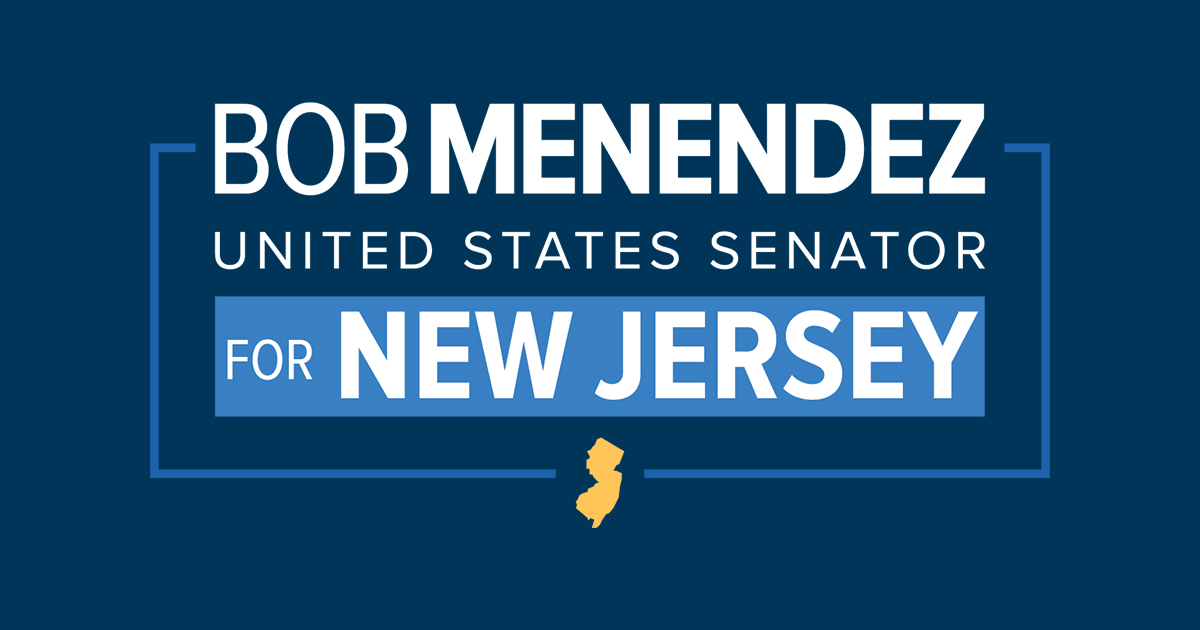Source: United States Senator for New Jersey Bob Menendez
WASHINGTON, D.C. – U.S. Senator Bob Menendez (D-N.J.) and Roger Wicker (R-Miss.) today reintroduced the Vieques Recovery and Redevelopment Act – bipartisan legislation that would address the severe health inequities faced by the residents of Vieques off the coast of Puerto Rico. These severe health outcomes are a result of environmental contamination caused by the U.S. Navy’s decades-long usage of the island for military training exercises and as a bombing range, which included the use of napalm, depleted uranium, Agent Orange, and other toxic chemicals and heavy metals.
“For far too long, the people of Vieques have suffered from severe health complications as a result of the U.S. Navy’s decades-long use of the island municipality as a bombing range,” said Sen. Menendez. “These health outcomes were further exacerbated when Hurricane Maria destroyed Vieques’ only health care center in 2017, which precipitated the island’s growing health crisis. We have a responsibility to do right by the 8,000 U.S. citizens who call Vieques home, and this bipartisan legislation is a significant step towards justice for them by compensating those affected for damages to their health and investing in the island’s healthcare infrastructure.”
“The U.S. Navy left the island of Vieques twenty years ago, but the thousands of American citizens who live there continue to suffer from contamination and high rates of illness,” said Sen. Wicker. “It is time for the U.S. government to settle these victims’ claims and help improve the island’s healthcare infrastructure for the future.”
From the 1940s until 2003, the U.S. Navy used the island for training exercises and as a bombing range. Vieques was critical to America’s military readiness for more than sixty years. However, decades of munitions testing on the small island led to severe environmental contamination. Between 1983 and 1998 alone, the Navy dropped an average of approximately 1,862 tons of ordnance on Vieques annually. The Environmental Protection Agency designated the Vieques bombing range as a Superfund site in 2005, and the Government Accountability Office estimates it will take until FY2032 to clean up the hazardous sites and unexploded munitions on the island.
Vieques’ residents have suffered from the health impacts of long-term exposure to this environmental contamination, including higher rates of cancer, cirrhosis, hypertension, diabetes, and heavy metal diseases. To date, the U.S. government has not provided the residents of Vieques with compensation for damages to their health. Hurricane Maria destroyed Vieques’ only health care center in 2017, exacerbating the island’s health crisis. Today, residents of Vieques must travel by ferry to the main island of Puerto Rico to receive medical care, a dangerous situation that is especially difficult for cancer and dialysis patients. The health crisis in Vieques only continues to worsen, which demonstrates why Congress must act with urgency to pass this bipartisan legislation. According to new reporting by El Nuevo Día, the health crisis in Vieques only continues to worsen, which demonstrates why Congress must act with urgency to pass this bipartisan legislation.
The Vieques Recovery and Redevelopment Act addresses the severe health inequities facing the residents of Vieques by:
- Compensating affected residents: Individuals who have resided on Vieques for more than five years can file a claim for compensation if they contracted cancer, hypertension, cirrhosis, kidney disease, diabetes, or heavy metal poisoning during or after the U.S. military presence. Surviving heirs of those who passed away due to these conditions will also be eligible for compensation.
- Investing in the islands health care infrastructure: Funding will be allocated to build and operate a level III trauma center in Vieques, which will include a cancer center and a renal dialysis unit. Residents with health needs will receive assistance with transportation and medical costs when travel off the island is necessary. While the Vieques medical facility is under construction, residents will have access to telemedicine care and, when required, urgent health care air transport to the mainland of Puerto Rico.
- Conducting a comprehensive academic study: An academic partner will test and evaluate the soil, seas, and plant and animal food sources of Vieques and the health of residents. It will also research and implement the most efficient and effective approach to reducing the environmental toxins and ending the cycle of illness on Vieques.
Copy of the bill text can be found HERE.
###
